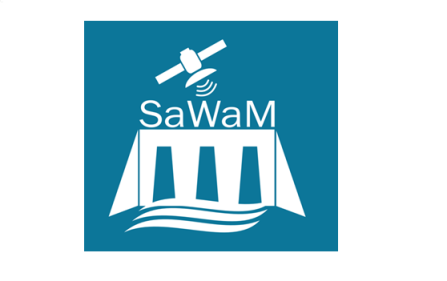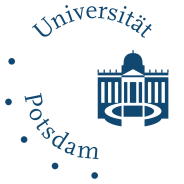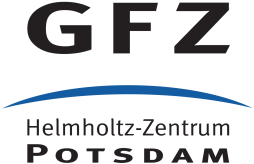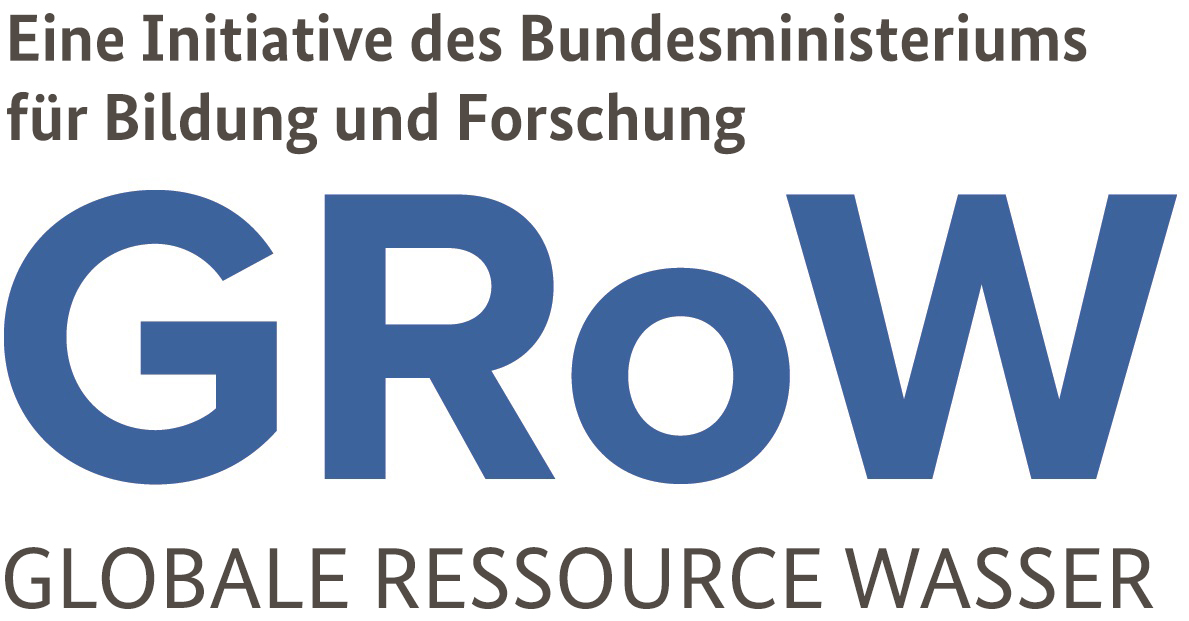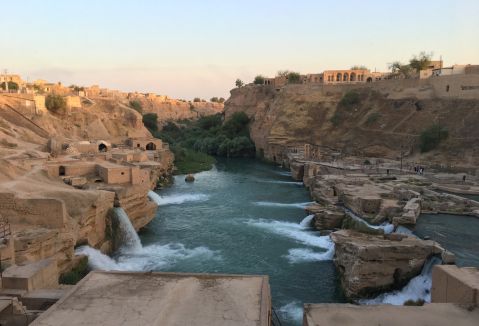
Summary
SaWaM aims to develop methods and tools that allow users to practically apply regionalised global information in water resources management. The main product, which SaWaM will develop in close collaboration with German business partners and local stakeholders, will be a prototype of an online tool for supporting decisions in regional water management. It will focus on semi-arid target regions which, due to limited water availability, increasing sedimentation of reservoirs and the growing frequency and intensity of drought periods, need sustainable and efficient water management adapted to regional requirements. With this in mind, SaWaM will examine the potential of the developed methods in selected basins in Sudan, Iran, Brazil, Ecuador and West Africa. This wide range of test regions will guarantee transferability to other areas once the project has finished. The timescale for the water management assessment is retrospective (up to the present), while the scale for operational management covers the next 1-12 months. The work will use models for seasonal climate forecasts, water balance, sediment inflow and ecosystem status. These will be supplemented by satellite-based methods.
Priorities
Relevance
While arid regions often have to secure water supplies by desalinating seawater or extracting fossil groundwater, semi-arid regions can usually achieve a lot with sustainable and scientifically sound water resources management. However, estimating the current and future availability of water resources in these areas is usually linked to very high levels of uncertainty. Despite the need for high-quality information on precipitation and water resources, we are seeing a clear decline in the number of in-situ monitoring stations around the world. Planners and decision-makers therefore increasingly hope that globally available and regionalised remote-sensing and model-based data can help improve water management in the future. Seasonal forecasts of water availability are also a key focus. While climate researchers have been trying for many years to draw conclusions about climate conditions and long-term average water resources (e.g. RCP scenarios up to 2100), knowledge about the coming season is of much greater importance for practical reservoir governance and irrigation agriculture.
More information about the joint research project is available here.
 kit.edu
kit.edu
